Reproduction

March 26, 2013
Advantages and Disadvantages of Breeding on Foal Heat
Most mares come into heat about a week after foaling, but this can happen as early as 5 or as long
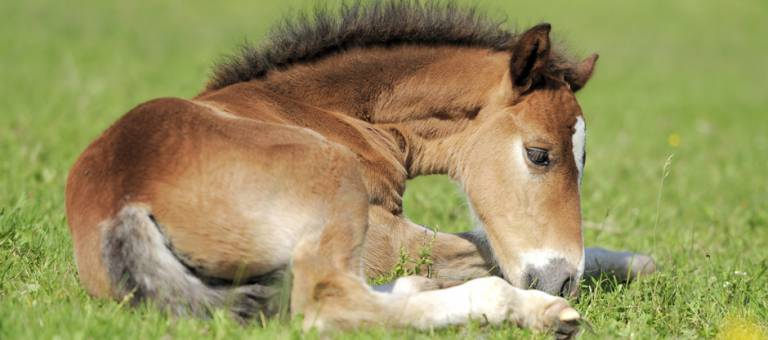
March 19, 2013
Premature Foals Can Have Multiple Problems
In general, the closer the birth is to 342 or more days, the better the chance is that the
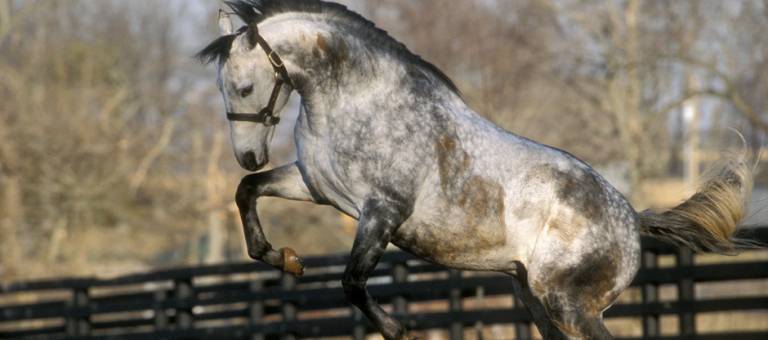
March 19, 2013
Using Frozen-Thawed Semen for Artificial Insemination in Horses
Breeding mares by artificial insemination can be accomplished using fresh semen, chilled semen, or frozen-thawed semen. Each option has its own
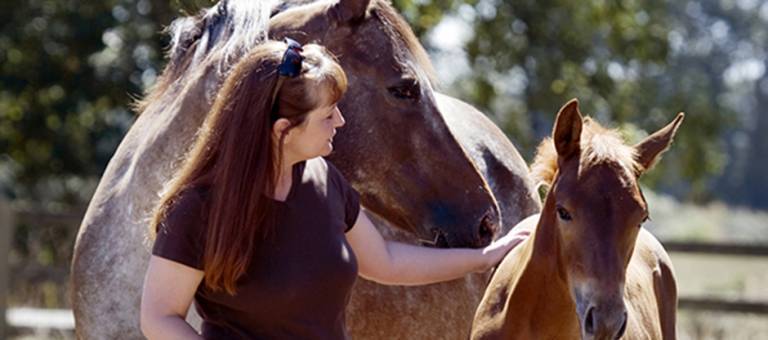
March 12, 2013
Finding the Right Time to Breed Mares
Because the mare is at the peak of fertility for only a few hours during each three-week-long reproductive cycle,
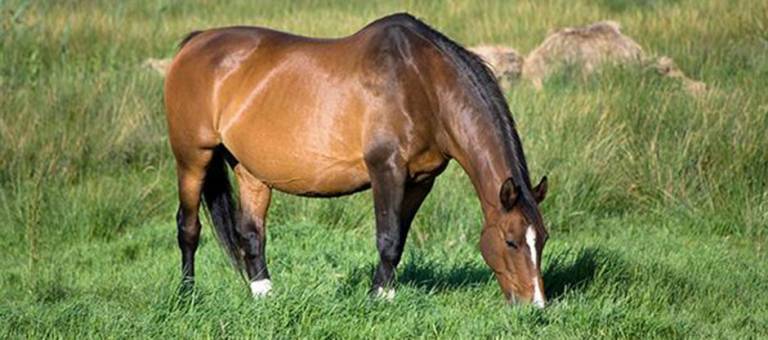
March 01, 2013
Signs of Imminent Foaling in Mares
Toward the end of pregnancy, mares may show the same signs of discomfort that are seen in horses with
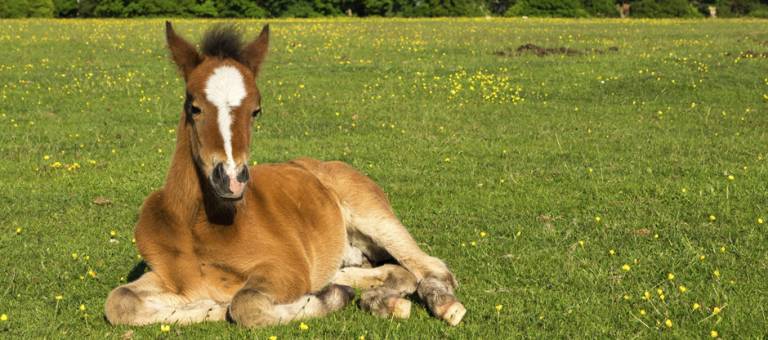
February 25, 2013
Umbilical Hernias in Foals
As well as being unsightly, an umbilical hernia creates the risk of a loop of intestine becoming trapped and
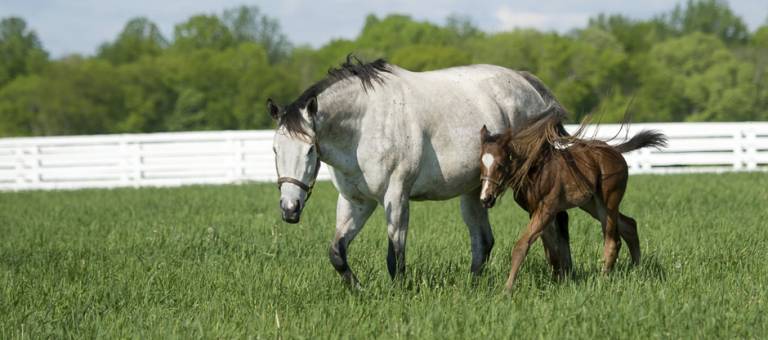
February 13, 2013
Managing Early-Season Heat Cycles in Mares
Research conducted at University College Dublin in Ireland has shown that shining low-level blue light into one of the

February 04, 2013
Exercise May Affect Embryo Quality and Recovery Rate in Mares
A recent study looked at the impact of work on mare reproductive health.
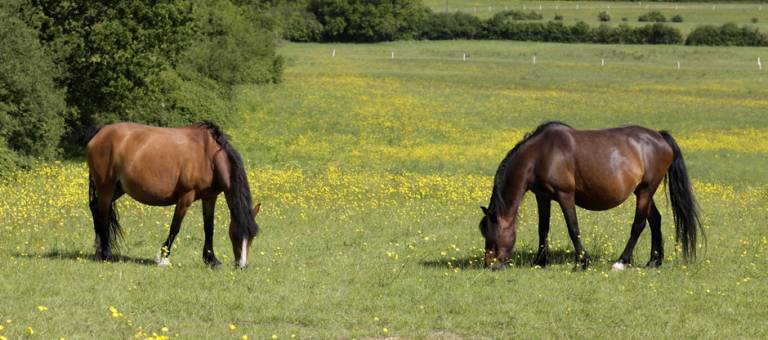
January 10, 2013
Placentitis in Mares
A study found that in a recent Thoroughbred breeding season, more than 1,700 foals were lost due to placentitis,

December 21, 2012
Managing Fescue Toxicosis in Broodmares
The best and safest policy is to avoid exposure to tall fescue throughout a mare’s pregnancy.







